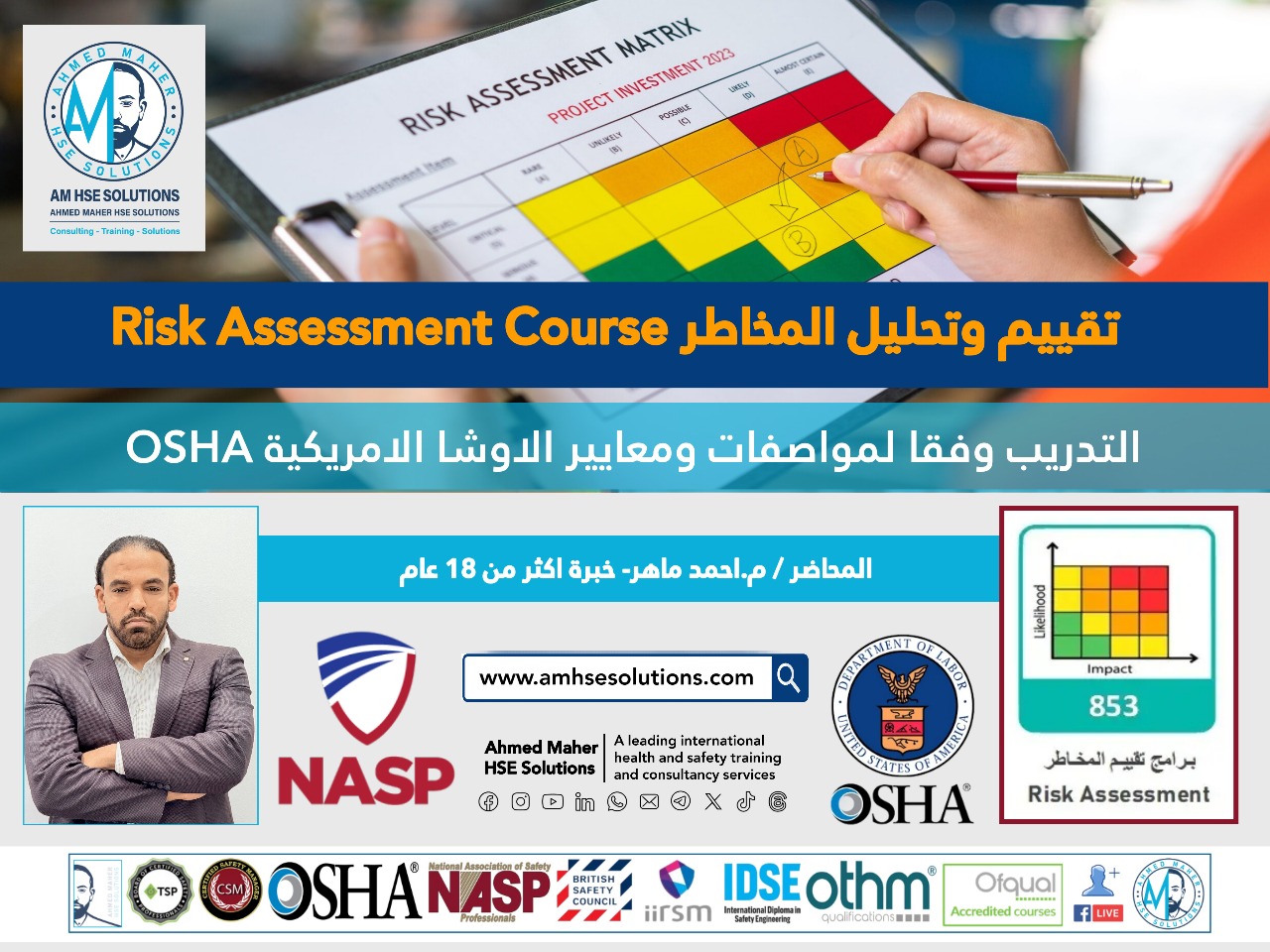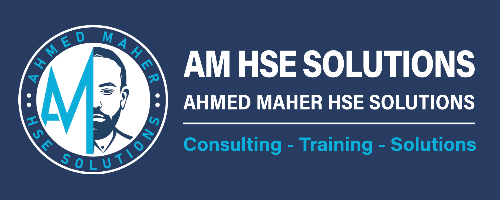Risk Assessment
A course providing individuals with the knowledge and skills to identify, evaluate, and control potential hazards in the workplace.

Course Description
A risk assessment course provides individuals with the knowledge and skills to identify, evaluate, and control potential hazards in the workplace. These courses are crucial for creating a safe and healthy work environment and are often required by legislation.
Who should attend?
Risk assessment training is valuable for a wide range of individuals, including:
Managers and supervisors: Responsible for overseeing workplace safety and ensuring risk assessments are conducted.
Safety officers and representatives: Tasked with identifying hazards, assessing risks, and implementing control measures.
Employees: Everyone in the workplace should have a basic understanding of risk assessment to contribute to a safe work environment.
Individuals in high-risk industries: Such as construction, manufacturing, healthcare, and transportation.
Course content:
A comprehensive risk assessment course typically covers:
Introduction to risk assessment: Definitions, legal requirements, and the importance of risk assessment.
Hazard identification: Techniques for identifying potential hazards in the workplace, including physical, chemical, biological, and ergonomic hazards.
Risk evaluation: Methods for assessing the likelihood and severity of harm from identified hazards.
Risk control: Developing and implementing control measures to eliminate or minimize risks, using the hierarchy of controls.
Risk assessment documentation: Recording findings, communicating results, and maintaining records.
Practical application: Applying risk assessment principles to real-world scenarios and case studies.
Benefits of attending a risk assessment course:
Improved safety awareness: Develop a greater understanding of workplace hazards and how to identify them.
Reduced workplace accidents: Proactive hazard identification and risk control measures can prevent accidents and injuries.
Enhanced risk management skills: Gain the ability to effectively assess and manage risks in the workplace.
Legal compliance: Ensure compliance with relevant health and safety legislation.
Increased confidence: Feel empowered to identify and address potential hazards in the workplace.
Choosing a course:
Consider these factors when selecting a risk assessment course:
Accreditation: Look for courses accredited by reputable organizations, such as OSHA, IOSH, or RoSPA.
Course content: Ensure the course covers the necessary topics and aligns with your industry and specific needs.
Delivery format: Choose a format that suits your learning style, such as online, in-person, or blended learning.
Trainer expertise: Select a course delivered by experienced and qualified trainers.
By investing in a risk assessment course, you gain valuable skills and knowledge to contribute to a safer and healthier workplace for yourself and others.
What You'll Learn
Requirements
Complete the Course
Finish all lessons to unlock your certificate of completion and showcase your new skills.
Based on 7 reviews
Student Reviews
Yahya Hawash
Outstanding quality and great value for money.
BASSEM EL KASSEM
Very comprehensive and practical. Love it!
mohamed
Great content and easy to follow. Highly recommended!
NABIL MUHAMMED OTHMAN
Highly valuable content. Would definitely recommend.
christie nkiene
Excellent course! Very informative and well-structured.
mohamed
Perfect course for anyone looking to learn this topic.
Amro Sami BinSiddik
Well organized and professionally delivered.
Review Guidelines
Instructor Information Coming Soon
Detailed instructor information will be available soon.




